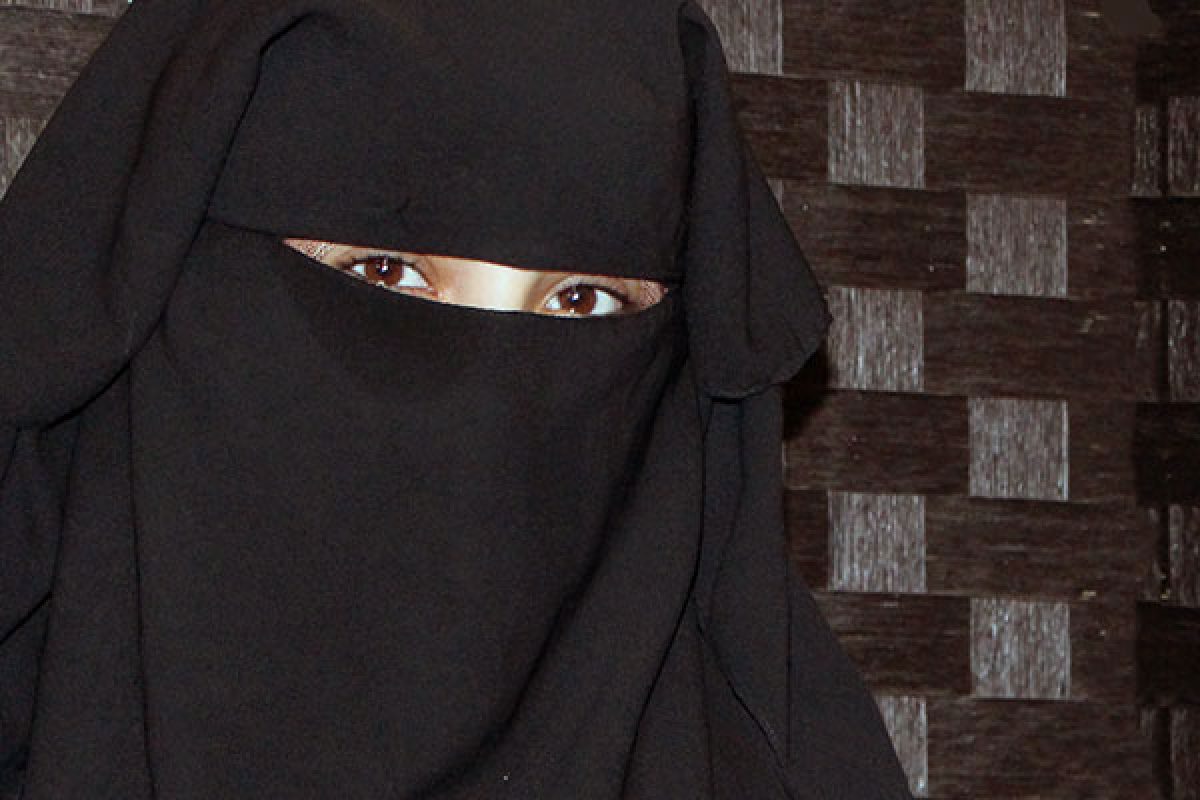Alia: A Young Syrian Woman Happily Married… for Just One Week

Last November, during a visit to the Protection Center that ICMC runs in Mafraq – an urban area in northern Jordan – I met Alia*, a 18-year-old woman from Syria who had come to the Center to take part in focus group discussions.
The Protection Center offers a range of educational and awareness-raising activities, as well as psychosocial support for Syrian refugee women, young girls and children who experience difficult living conditions as a result of forced displacement.
Alia left Homs, her home town, about three years ago. Her family had been targeted by militias, and she feared that – had they not fled – the women in her family would have been arrested and held captive as a tactic for coercing the men to join the militias. To escape from the threats, she moved together with her parents to a rural area in Syria. However, it was difficult for them to live there, as villagers believed that their presence in town had led to increased attacks. So they fled to Jordan.
Alia got married in Syria when she was only 15 years old. But after just one week of marriage, her husband was arrested and put in prison. Since then, she has not been able to speak to him. His siblings in Syria told her they finally know where he is being held, but they are unable to communicate with him and do not know much about his situation.
She now lives with her parents, sister, brother, sister-in-law and nephew in a town in northern Jordan. As the parents are too old to work, the entire family relies on financial support from aid agencies. They receive a monthly allowance of 100 JOD (equivalent to 140 USD) from UNHCR and 50 JOD (about 70 USD) from the World Food Program in the form of food coupons. “That’s helpful, but not enough to survive”, Alia said.
To respect Muslim cultural traditions and allow women to freely express themselves, at the ICMC Protection Center men are not allowed to enter the rooms where literacy classes and focus group discussions take place. During my visit in Mafraq, I was accompanied by a professional photographer, a man, who was only allowed to take pictures of the children playing in the child friendly space. As my interview with Alia took place just outside the children’s rooms and he was moving regularly between different groups of children, she kept the veil on her face.
As soon as the photographer entered one of the children’s rooms and Alia realized that he was going to be busy for a while, she raised her veil and looked straight into my eyes. I was able to see her beautiful face, her friendly smile, and the sorrow in her eyes. She said: “We had just married and wanted to live together. We had plans to start a family, have children, and live happily. The war in Syria ruined all our dreams”. I felt so sorry for her. She is so young, and yet she has already gone through so much pain in her life. I wish I could help her find her husband.
I asked Alia about her impressions on the focus group discussions. She replied: “I was so depressed about my personal situation. I felt relieved here. I was able to talk to other Syrians about what happened back in Syria. It made me realize that there are worse cases than my own.” Later, she added: “Positive parenting was the most useful part. If one day I have children, I will know how best to raise them”. I suddenly heard the noise of a door opening, and before I could see the photographer coming out of the children’s room, Alia had already covered her face again.
When I asked her about how she sees her future, she said: “I wish I could go back to Syria and be with my husband again. But at the moment I don’t see a solution to the conflict. There are too many people involved, and it’s very complicated. I think it will take a long time before I can go back”.
Nathalie Perroud
ICMC Geneva
* The name was changed to protect the identity of the person.